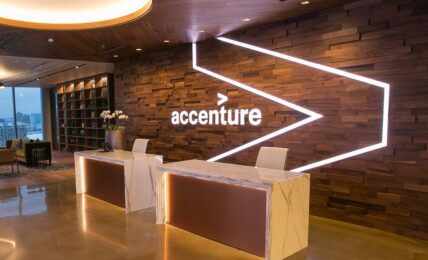Amazon announced today that it has achieved its goal to power its global operations with 100% renewable energy, hitting the milestone in 2023, 7 years ahead of its initial target.
Amazon first announced its clean energy goal in 2019, pledging to match all of the electricity consumed across its global operations, including data centers, corporate buildings, stores and fulfillment centers, with 100% renewable energy by 2030. At the time, the company was at 42% renewable energy.
Since launching the goal, the company has committed billions of dollars to clean energy development, and has become the largest corporate purchaser of renewable energy globally for the past four years, according to Bloomberg NEF.
Overall, Amazon has invested in more than 500 renewables projects globally, including over 240 solar and wind farms, 10 battery storage projects, 6 offshore wind projects, and nearly 300 onsite solar arrays.
Amazon added that its renewable energy portfolio will help avoid an estimated 27.8 million tons of carbon emissions annually, once all projects are operational.
The company’s renewable energy goal forms part of its Climate Pledge ambition to achieve net zero by 2040. While noting the new achievement, Amazon said that its path to net zero “is changing in ways that no one quite anticipated even just a few years ago – driven largely by the increasing demand for generative AI,” driving a requirement for different sources of energy. The company said:
“We’ve known from the start that our path to net-zero would have many obstacles and need to be adjusted for changes to both our business and the world. Nevertheless, as with all of our long-term goals, we remain optimistic and focused on achieving them.”
To meet its growing energy needs, Amazon said that it will continue to invest heavily in renewable energy, in addition to exploring new carbon-free energy sources, such as nuclear, battery storage, and emerging technologies.
Kara Hurst, Amazon Chief Sustainability Officer, said:
“Reaching our renewable energy goal is an incredible achievement, and we’re proud of the work we’ve done to get here, seven years early. We also know that this is just a moment in time, and our work to decarbonize our operations will not always be the same each year—we’ll continue to make progress, while also constantly evolving on our path to 2040.”

